FAQs | Repair Videos | Academy | Newsletter | Contact
Our Picks
Top content from across the community, hand-picked by us.
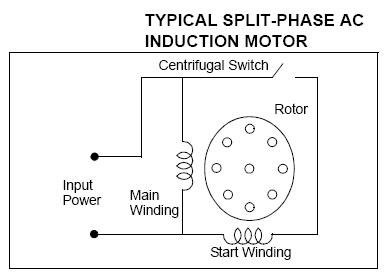
What Does "Split-Phase" Really Mean in Motors?
Son of Samurai posted a blog entry in Appliance Repair Tech Tips,
-
-
- 1 reply

Picked By
Samurai Appliance Repair Man,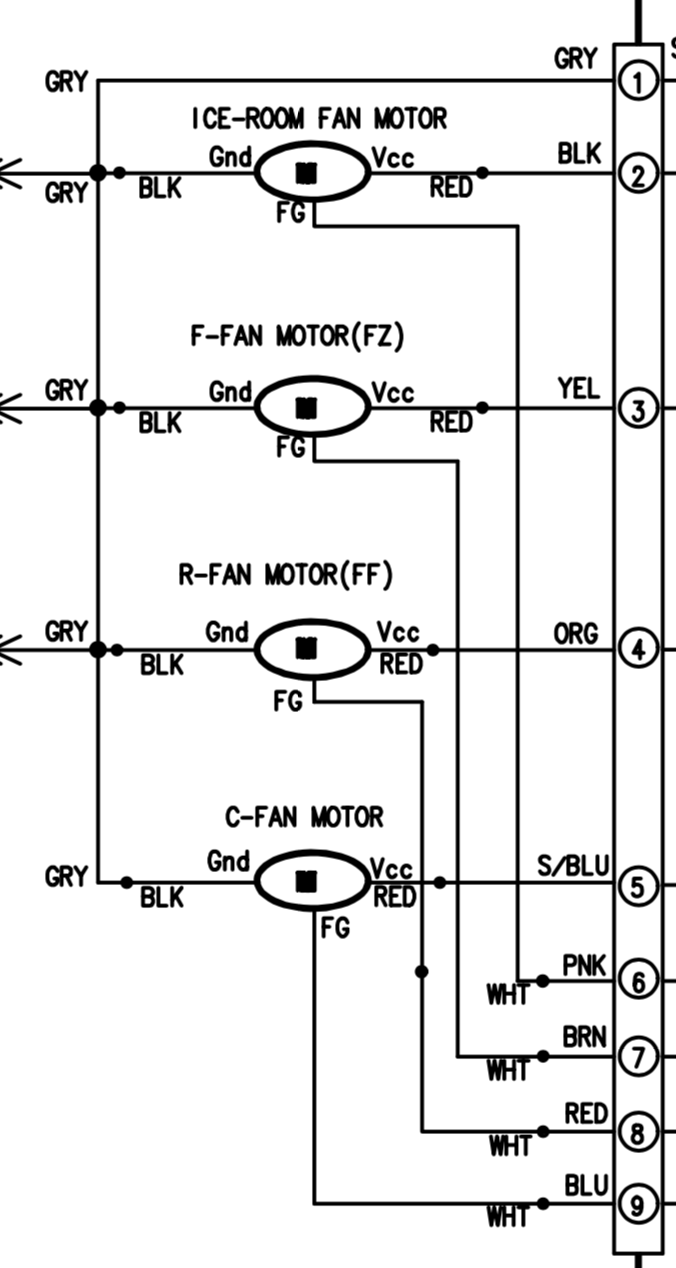
BLDC Motor Configurations, FG signals, and PWM signals
Son of Samurai posted a blog entry in Appliance Repair Tech Tips,
-
-
- 4 replies

Picked By
Samurai Appliance Repair Man,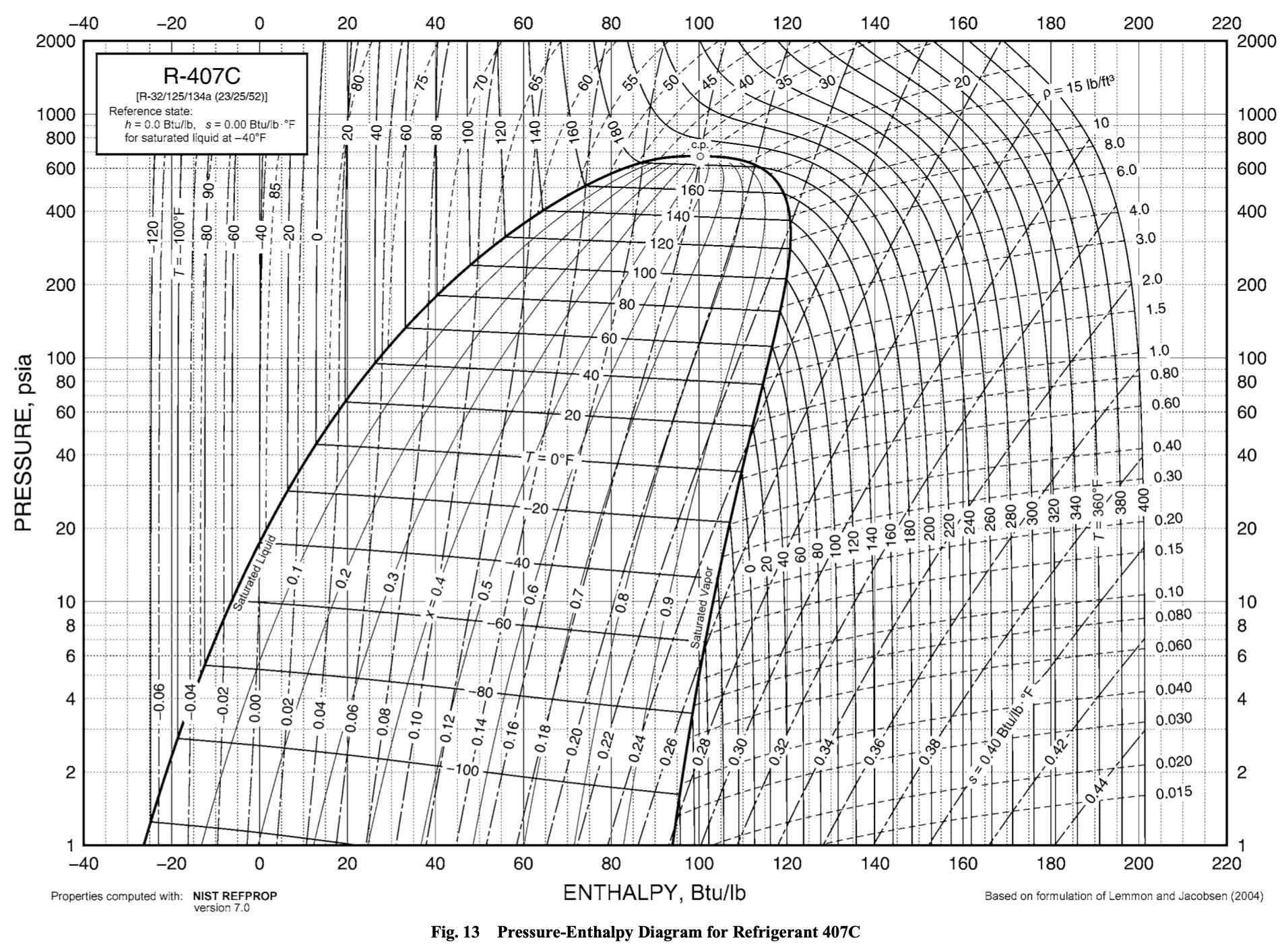
Bubble, Dew, and Glide in Refrigerants
Son of Samurai posted a blog entry in Appliance Repair Tech Tips,
-
-
- 1 reply

Picked By
Samurai Appliance Repair Man,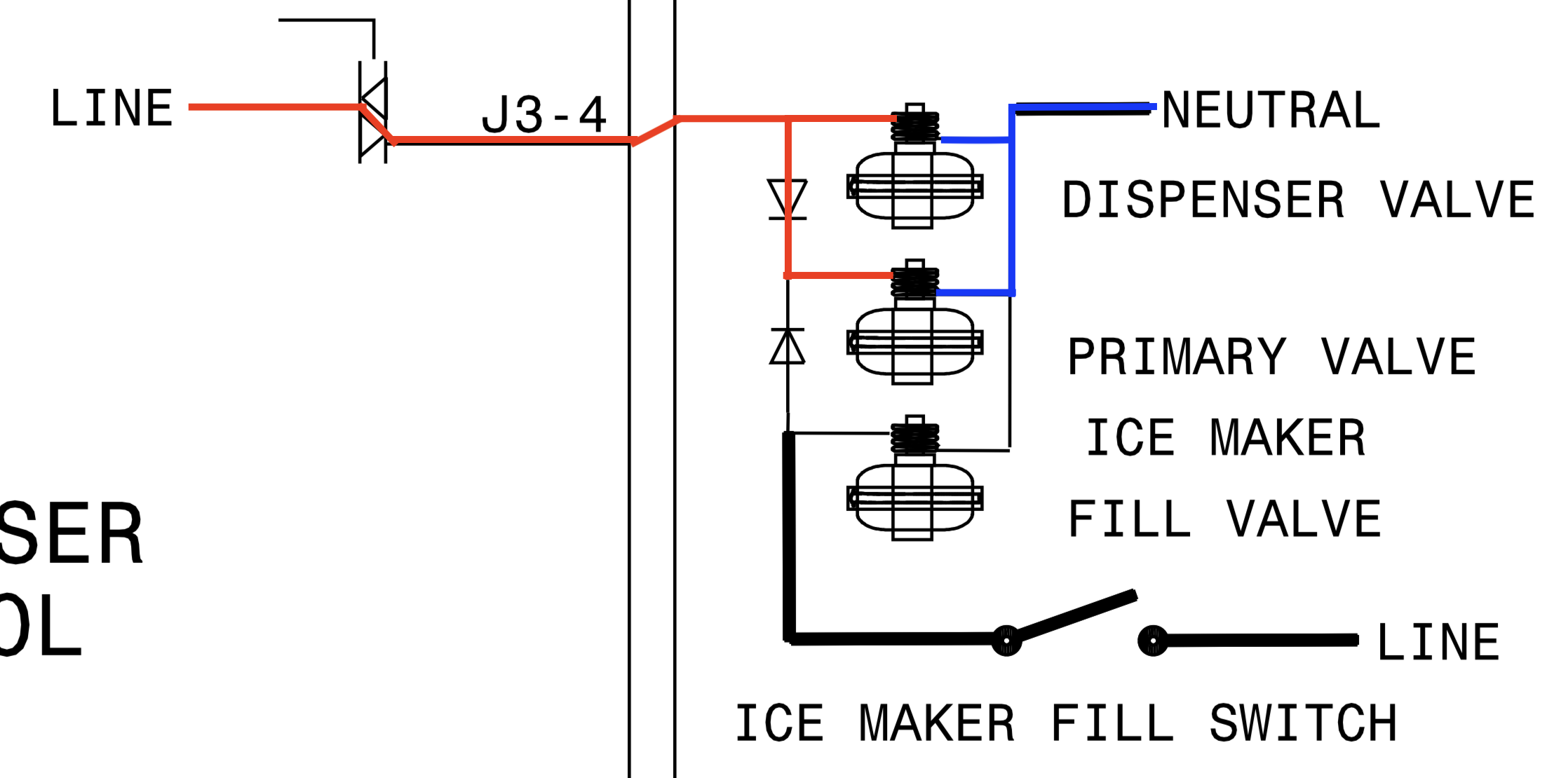
Diodes in AC Circuits
Son of Samurai posted a blog entry in Appliance Repair Tech Tips,
-
-
- 12 replies

Picked By
Samurai Appliance Repair Man,Troubleshooting Thermistors, Identifying EEPs, and More...
Son of Samurai posted a blog entry in Appliance Repair Tech Tips,
-
-
- 0 replies

Picked By
Samurai Appliance Repair Man,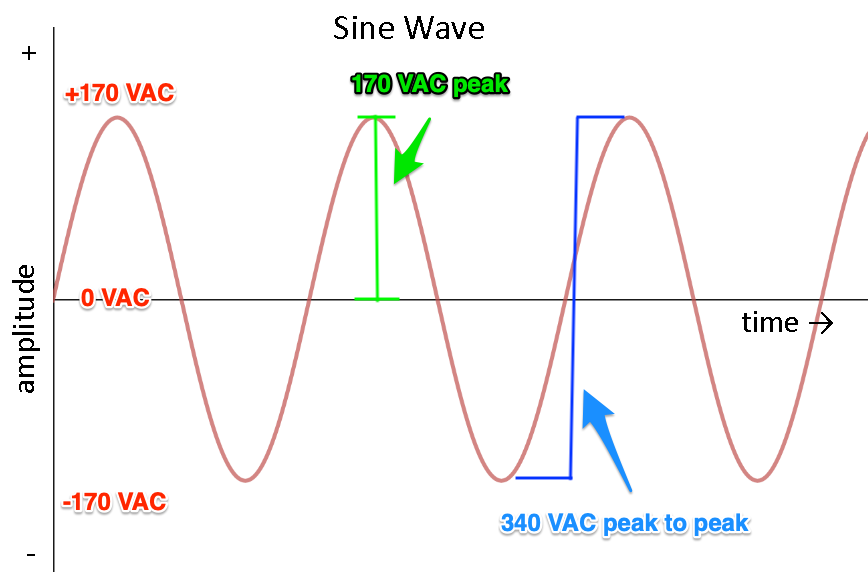
Is 120 VAC Really 120 Volts?
Son of Samurai posted a blog entry in Appliance Repair Tech Tips,
-
-
- 4 replies

Picked By
Samurai Appliance Repair Man,
Know your Multimeter: a Short Breakdown of Every Meter Function
Son of Samurai posted a blog entry in Appliance Repair Tech Tips,
-
-
- 5 replies

Picked By
Samurai Appliance Repair Man,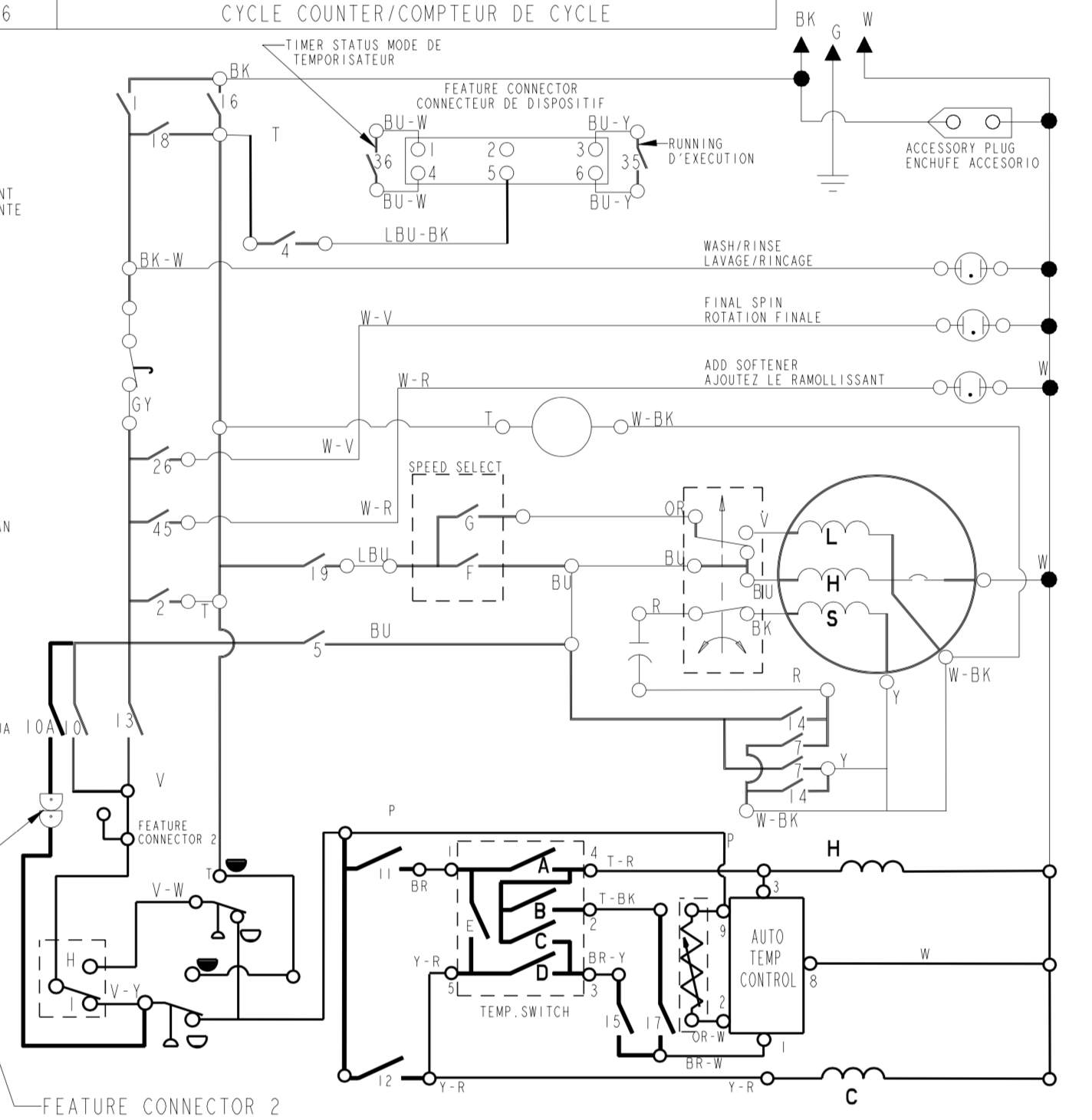
Spot the Error in this Schematic...
Son of Samurai posted a blog entry in Appliance Repair Tech Tips,
-
-
- 0 replies

Picked By
Samurai Appliance Repair Man,Educating Customers About Self Clean
Son of Samurai posted a blog entry in Appliance Repair Tech Tips,
-
-
- 11 replies

Picked By
Samurai Appliance Repair Man,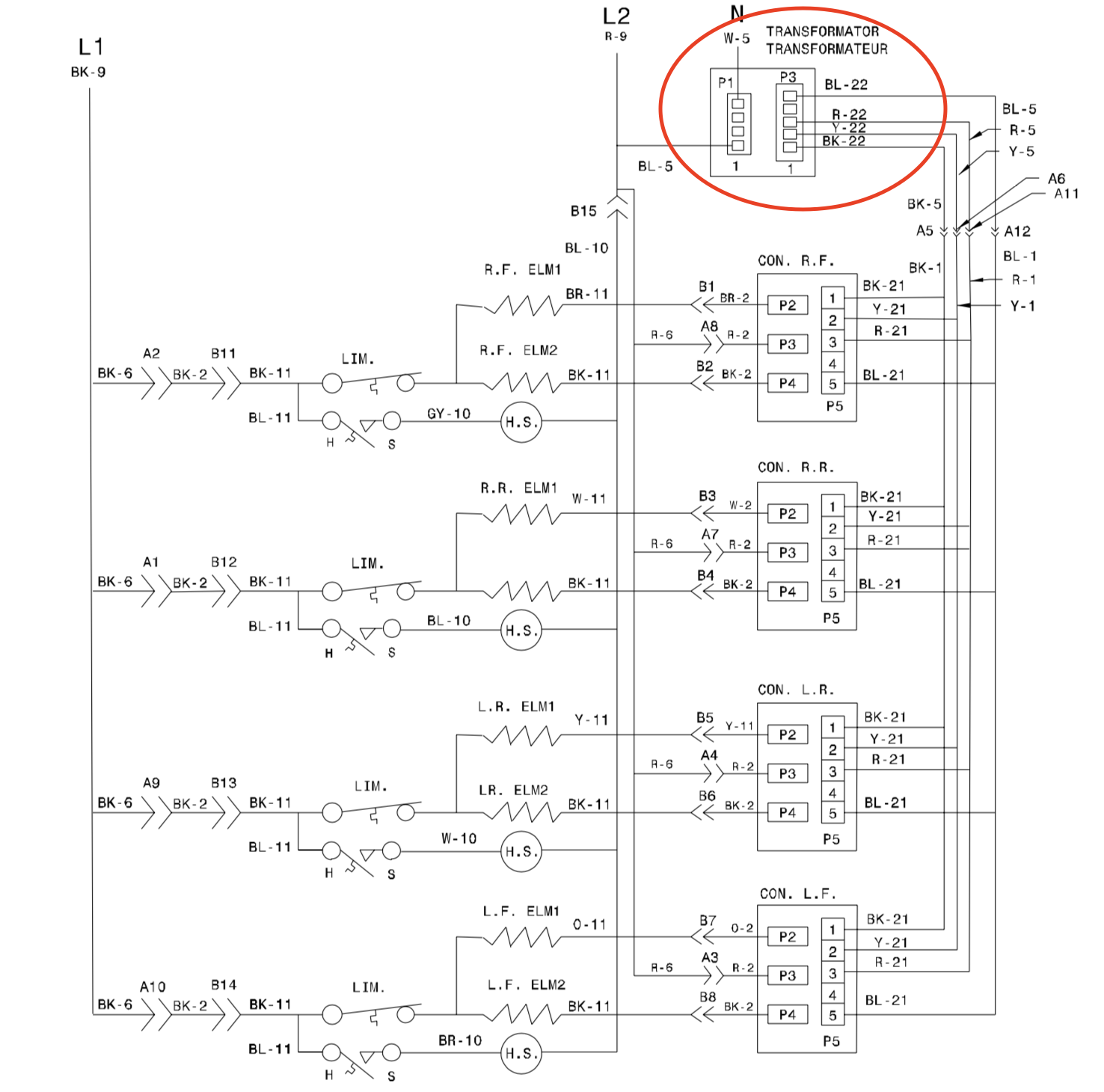
How to Identify Unfamiliar Parts in Schematics
Son of Samurai posted a blog entry in Appliance Repair Tech Tips,
I don't know about you, but "tranformator" isn't a familiar term to me. it certainly sounds like a transformer, but why would a transformer be necessary in a 240 VAC cooktop element circuit?
-
-
- 6 replies

Picked By
Samurai Appliance Repair Man,What You Need to Know to Repair Internet-Connected Appliances
Son of Samurai posted a blog entry in Appliance Repair Tech Tips,
-
-
- 0 replies

Picked By
Samurai Appliance Repair Man,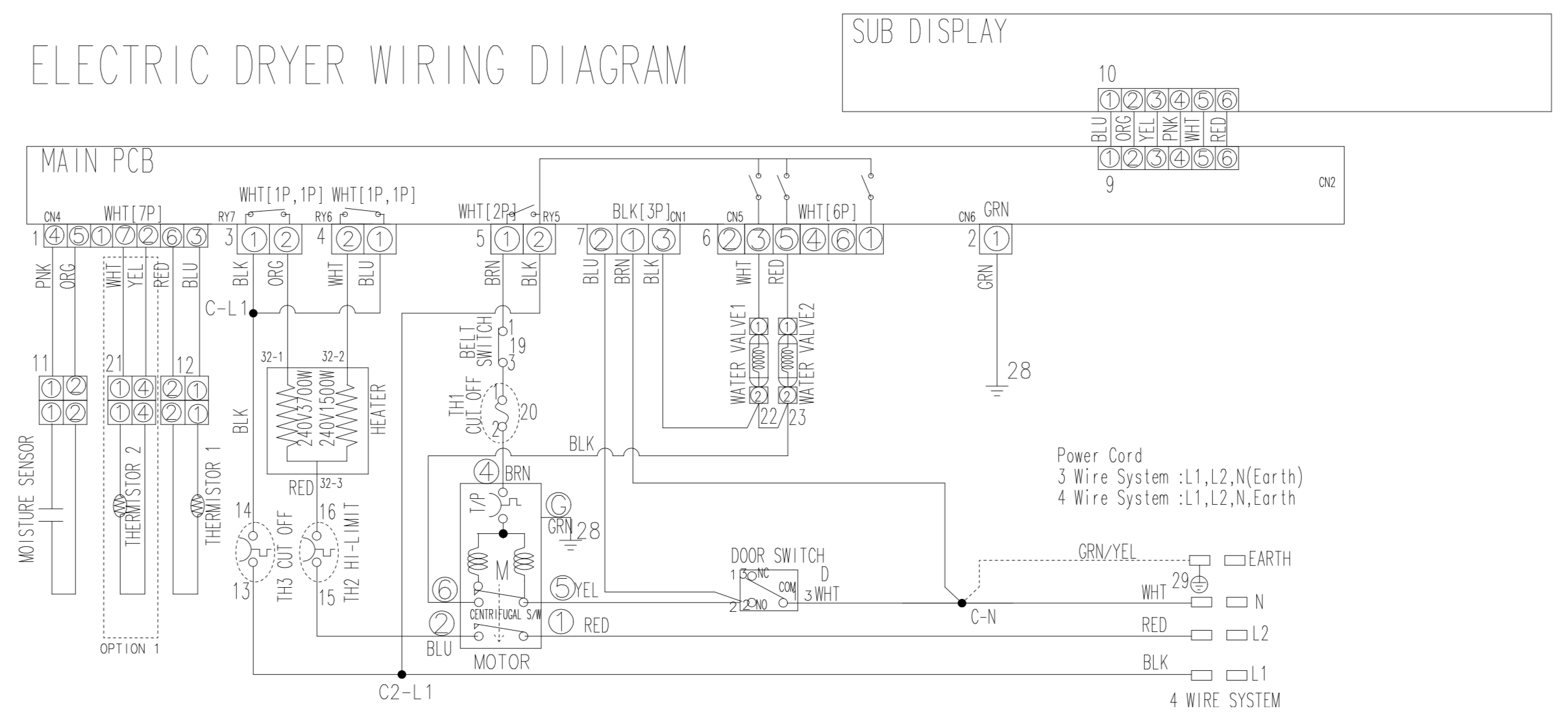
Identifying Sensing Wires in Schematics
Son of Samurai posted a blog entry in Appliance Repair Tech Tips,
-
-
- 0 replies

Picked By
Samurai Appliance Repair Man,Follow These Two Rules for Successful Part Replacement...
Son of Samurai posted a blog entry in Appliance Repair Tech Tips,
-
-
- 1 reply

Picked By
Samurai Appliance Repair Man,PSC Motors and How to Properly Test a Capacitor
Son of Samurai posted a blog entry in Appliance Repair Tech Tips,
-
-
- 4 replies

Picked By
Samurai Appliance Repair Man,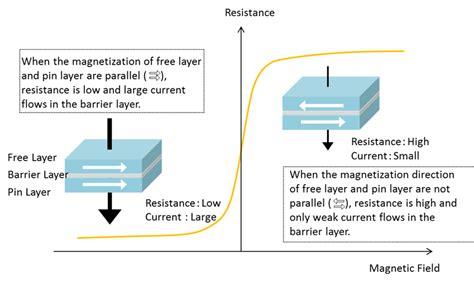
What are TMR sensors and how are they different from Hall Effect sensors?
Son of Samurai posted a blog entry in Appliance Repair Tech Tips,
TMR (tunnel magentoresistance) sensors are one such example. Coming to us from the world of computer electronics, they serve the same purpose as Hall Effect sensors but work completely differently.
-
-
- 6 replies

Picked By
Samurai Appliance Repair Man,How to Measure Voltage Drop Across Thermistors
Son of Samurai posted a blog entry in Appliance Repair Tech Tips,
-
-
- 5 replies

Picked By
Samurai Appliance Repair Man,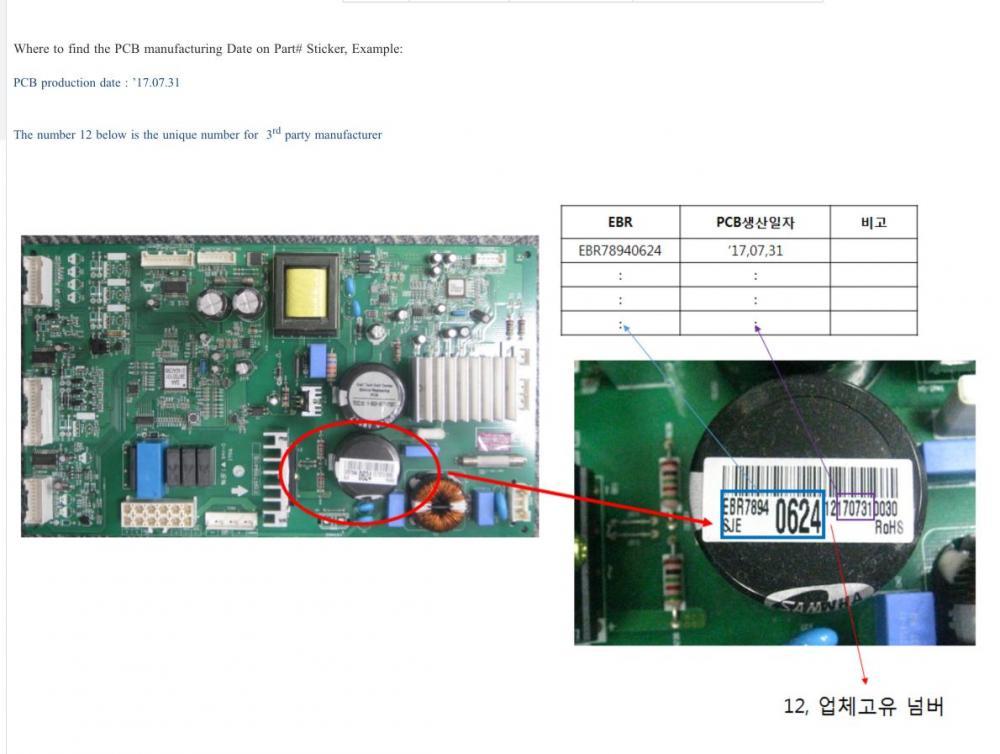
Watch Out for this LG Control Board Booby Trap
Son of Samurai posted a blog entry in Appliance Repair Tech Tips,
-
-
- 3 replies

Picked By
Samurai Appliance Repair Man,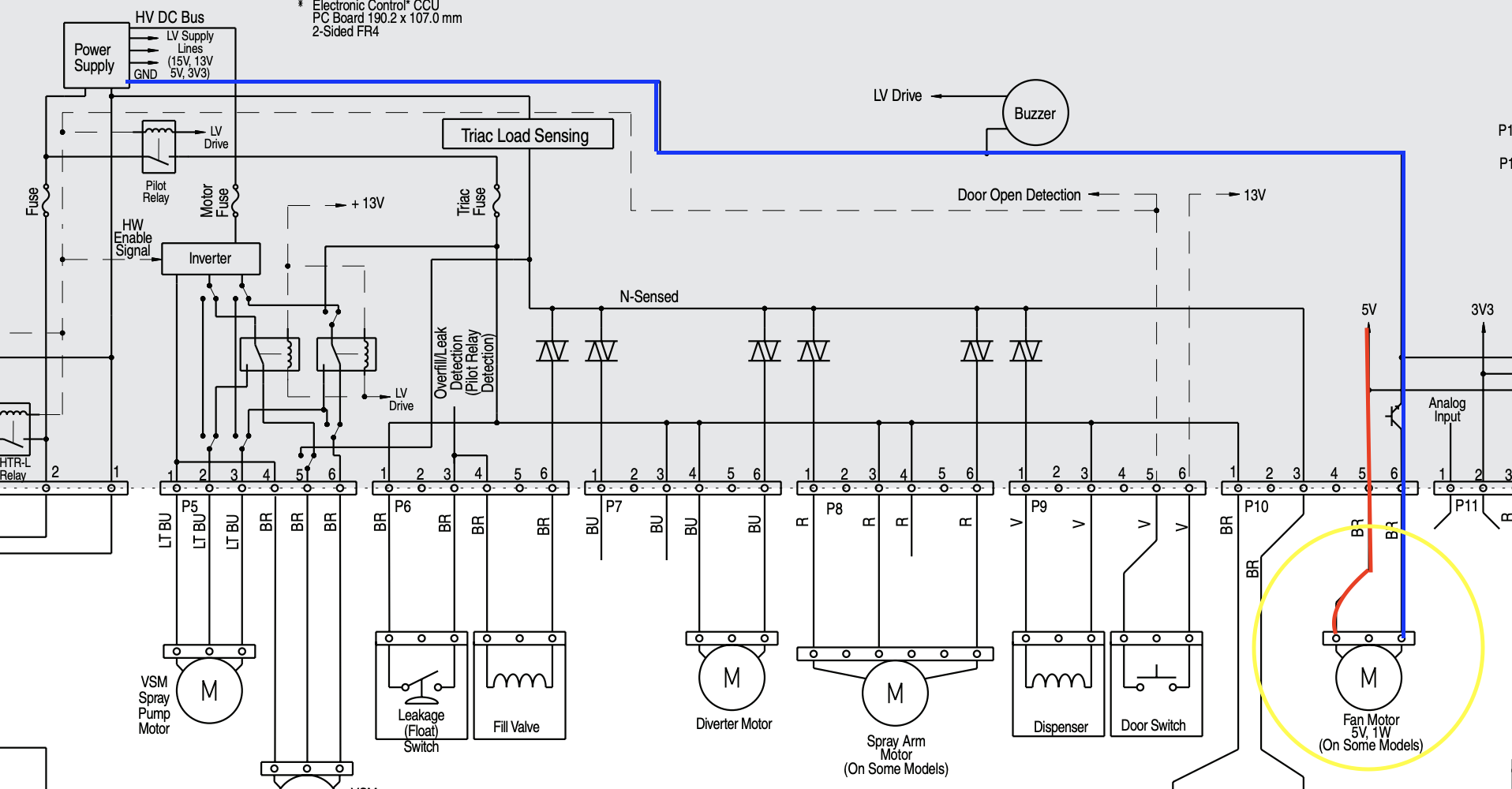
Here's What Loading Down Looks Like and How to Troubleshoot It
Son of Samurai posted a blog entry in Appliance Repair Tech Tips,
-
-
- 0 replies

Picked By
Samurai Appliance Repair Man,The Vital First Step to Troubleshooting Any Refrigerator
Son of Samurai posted a blog entry in Appliance Repair Tech Tips,
-
-
- 2 replies

Picked By
Samurai Appliance Repair Man,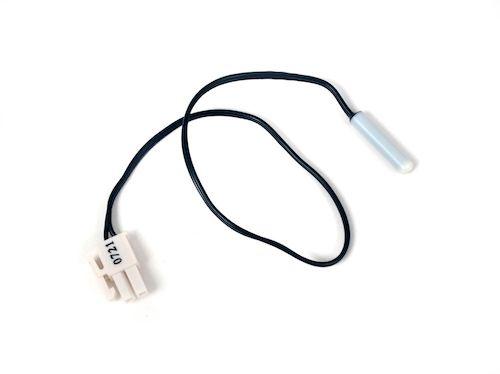
The Big Differences Between NTC and PTC Thermistors
Son of Samurai posted a blog entry in Appliance Repair Tech Tips,
-
-
- 2 replies

Picked By
Samurai Appliance Repair Man,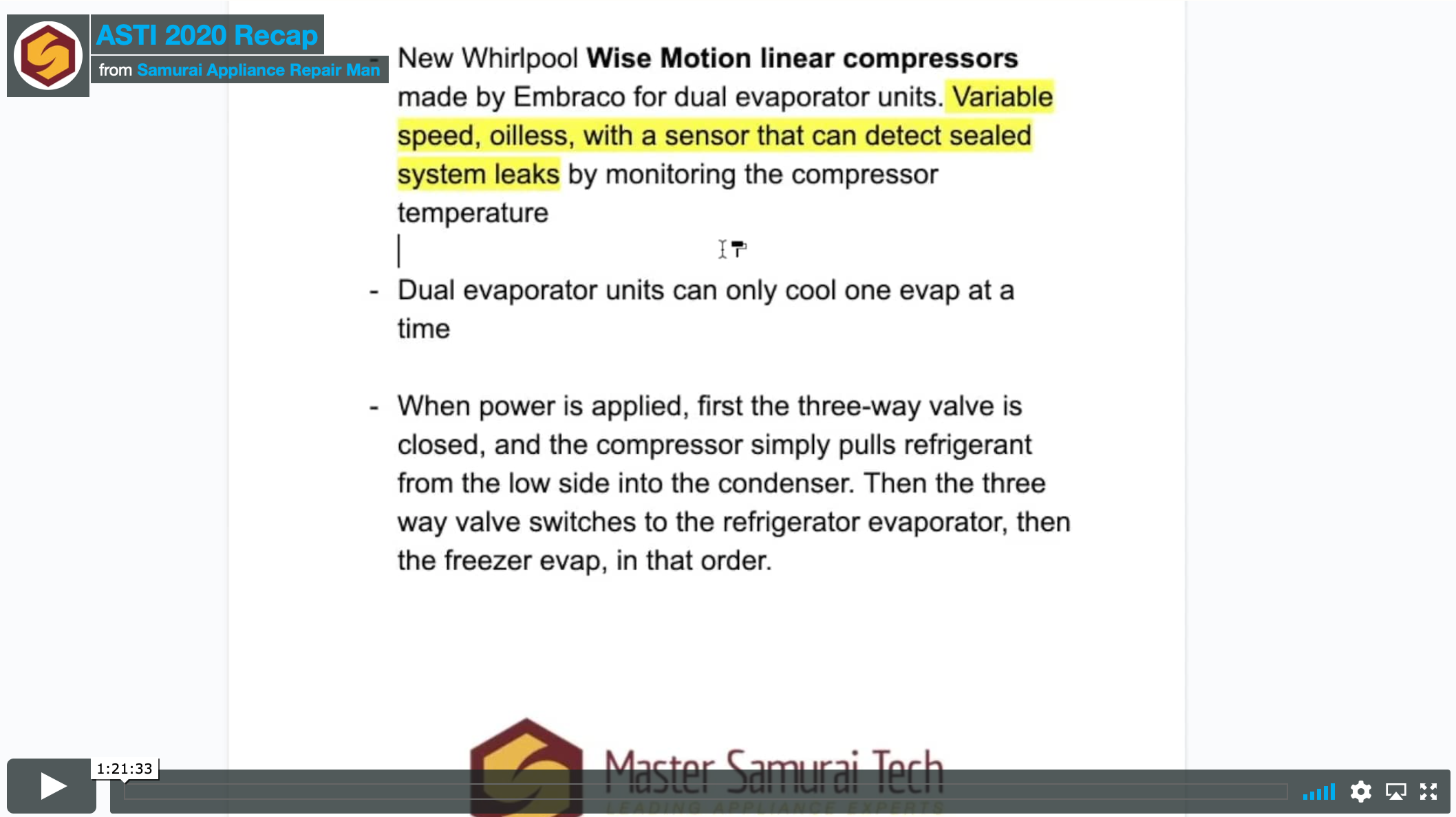
Learn EXCLUSIVE Samsung, Bosch, and Whirlpool Troubleshooting Tricks
Son of Samurai posted a blog entry in Appliance Repair Tech Tips,
But don't worry -- we took careful note of all the juicy tech tips being dropped by Samsung, Bosch, and Whirlpool in their technical training and showcased them for your benefit in this latest webinar recording. Give it a watch to get the inside scoop!
-
-
- 0 replies

Picked By
Samurai Appliance Repair Man,How to Troubleshoot a GE Cooktop like a Real Tech vs. like a PCM
Son of Samurai posted a blog entry in Appliance Repair Tech Tips,
-
-
- 15 replies

Picked By
Samurai Appliance Repair Man,Why Appliantology is the Best Appliance Repair Resource on the Web
Son of Samurai posted a blog entry in Appliance Repair Tech Tips,
-
-
- 0 replies

Picked By
Samurai Appliance Repair Man,
Dryer Case Studies that will Blow your Mind
Son of Samurai posted a blog entry in Appliance Repair Tech Tips,
-
- 0 replies

Picked By
Samurai Appliance Repair Man,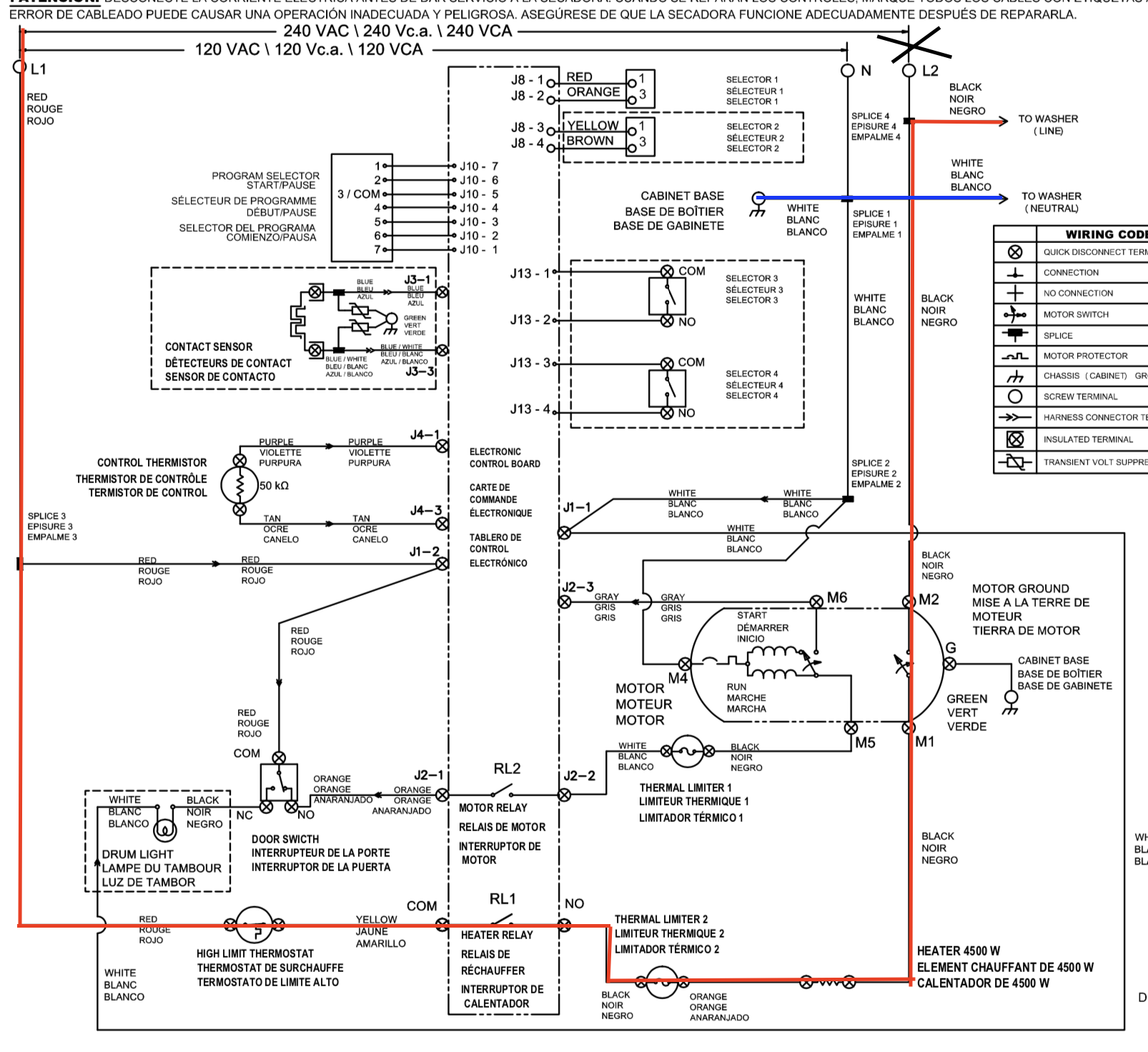
Stacked Washer Only Runs When Dryer is Running
Son of Samurai posted a blog entry in Appliance Repair Tech Tips,
-
-
- 0 replies


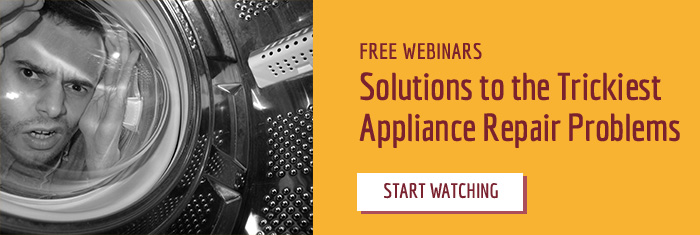
.png)


